Synthetic fertilizers, growth regulators, herbicides, and livestock feed additives are all avoided or limited in organic farming. Instead, animal manures, legumes, crop rotations, green manures, off-farm organic wastes, mineral-bearing rocks, mechanical cultivation, biofertilizers, and aspects of biological control are used to maintain soil productivity and tilth, supply plant nutrients, and control insects, weeds, and other pests to the greatest extent possible in organic farming systems.
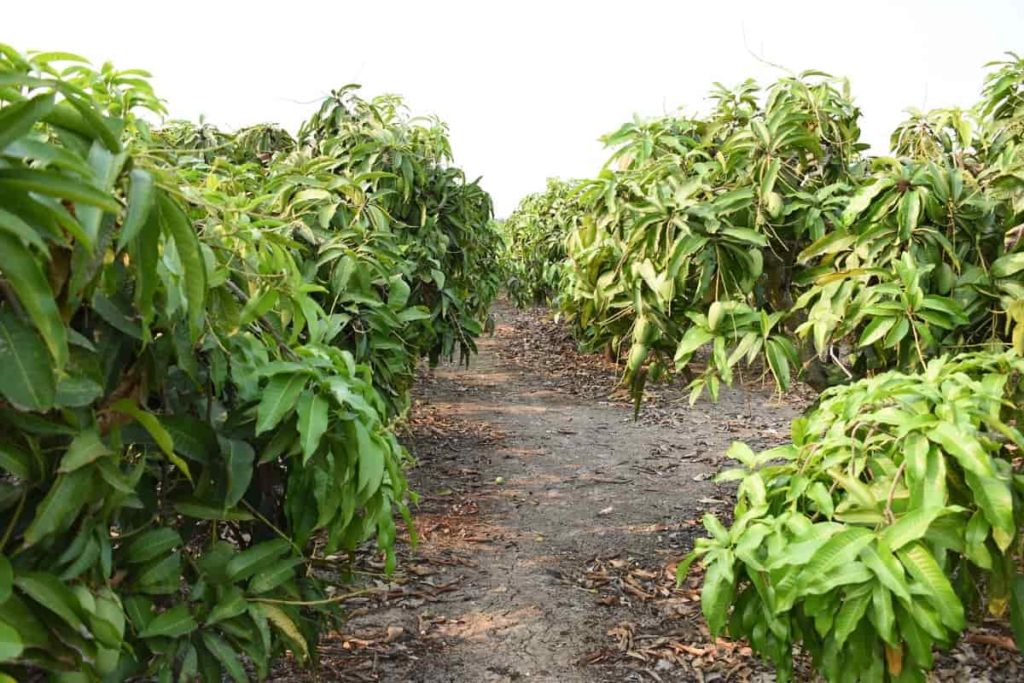
Suppose organic methods are organized in production, certification, and marketing. In that case, they can boost farm productivity, restore decades of environmental harm, and link small farm families into more efficient distribution networks, increasing food security. So let’s check out a way of earning 3 lakh per month from Organic farming.
In recent years, a growing majority of the farmers have shown disinterest in farming, and many who used to farm have relocated to other locations. Organic farming is one technique to enhance food security or self-sufficiency. However, chemical fertilizers and pesticides affect the soil resulting in the poisoning of soil and water. Severe environmental impacts result from this, involving loss of topsoil, decreased soil fertility, ground and surface water pollution, and genetic diversity loss.
Advantages of organic farming
It can help in reducing pollutant levels. Lowering the number of residues in the product minimizes the risk of human and animal illness. It has high efficiency in the long run. This type of farming takes less investment since everything is organic. It can help in the conservation of resources for future generations. It saves both animal and machine energy and lowers the danger of crop failure.
It enhances the physical features of the soil, such as granulation and aeration, reducing soil erosion and increasing the water-holding capacity. In addition, it enhances the soil’s chemical features, such as nutrient availability and retention, nutrient depletion into water bodies and the environment, and beneficial chemical interactions.
Disadvantages of organic farming
Organic manure is not readily available, and it may be more costly than chemical fertilizers in terms of plant nutrients if organic inputs are acquired. Moreover, organic agricultural production diminishes over time, especially in the first few years. Thus farmers should be paid more for organic food. Organic production, processing, shipping, and certification criteria, for example, are beyond the comprehension of the average Indian farmer. Organic vegetable marketing is likewise not well-organized.
In case you miss this: Top 20 Organic Food Companies in India
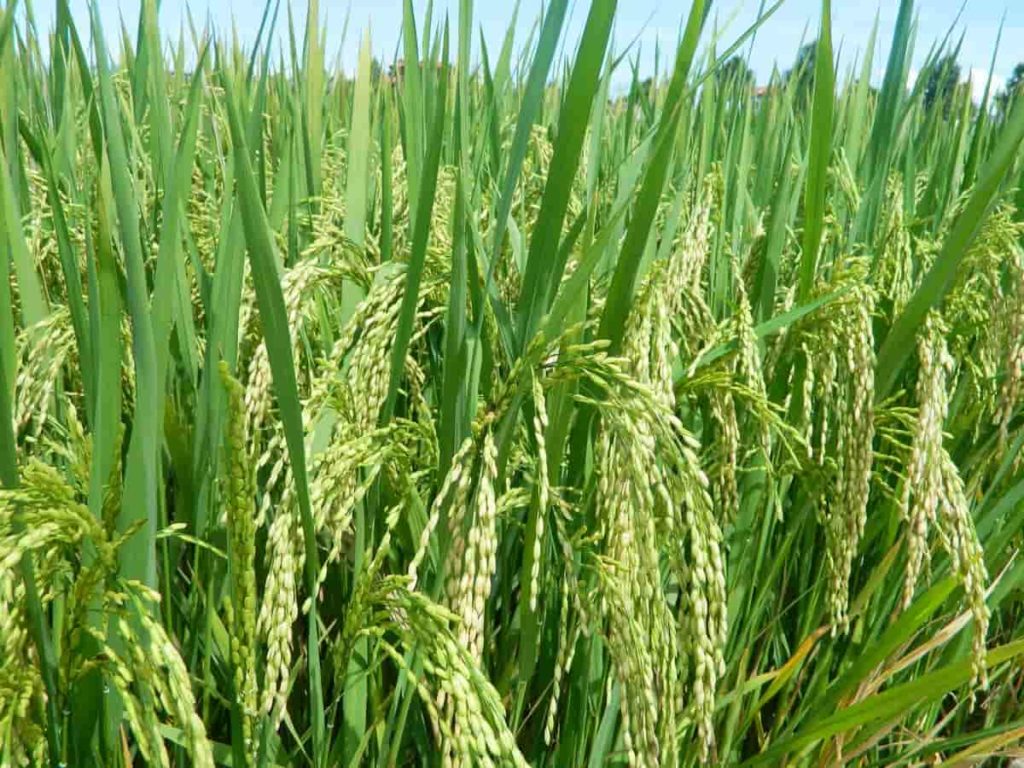
There are a lot of farms in India that have never been chemically managed or cultivated or that have reverted to organic farming due to farmer views or economics. Even though thousands of farmers cultivate millions of acres of land, they are not categorized as organic. Their fruit is either sold on the open market alongside conventionally farmed produce at the same price or sold as organic via select outlets and regular specialized marketplaces solely based on goodwill and trust. Because of the high expenses of certification and the substantial paperwork required by certifiers, these farmers may never pursue it.
Earning 3 lakh per month from Organic farming
The success story of Mr. Vasu
Mr. Vasu is a young farmer who belongs to the Mancherial district, Telangana. Even though he studied only till tenth class, he is now known all across his town for producing vegetables through organic farming. When asked how he got the idea to start an organic farm, he replied that he always observed people disliking the vegetables cultivated by chemicals. Nowadays, we know that to produce vegetables in the soil, we use many fertilizers, insecticides, and pesticides, which can affect the quality of the grown vegetables.
These vegetables require high maintenance and investment to grow, and also the demand for these vegetables is constantly decreasing. People are not buying the vegetables grown by these methods because of the quality and taste issues, which leads to the downfall of this conventional vegetable business. As he belongs to the farmer family, Mr. Vasu observed this from a young age and wanted to do something profitable and, at the same time is, useful for the people.
When he was still in a dilemma, he came across articles about organic farming written by Subhash Palekar, a renowned agricultural scientist who practiced zero-budget natural farming without insecticides and pesticides. He was inspired by them and started learning organic agriculture techniques under him. He took training under him, which led him to cultivate vegetables by organic farming on his father’s 10 acres of land. He says he never used 1ml of any chemical insecticide or fertilizer and cultivated everything through organic means.
Even though the start was due to his inexperience, he took some back steps. After a year, he learned from his mistakes and started cultivating vegetables in an organic way, from which he was able to earn huge profits. He has been producing vegetables organically for six years now and using unique methods to increase his yield from his experience. Paddy and mangoes are the main crops he has been growing on his farm for all these years. He is also growing different dal, maize, jowar on his farm. Now let us get into the details of Mr. Vasu’s farm.
In case you miss this: How To Start Organic Farming In India – Schemes
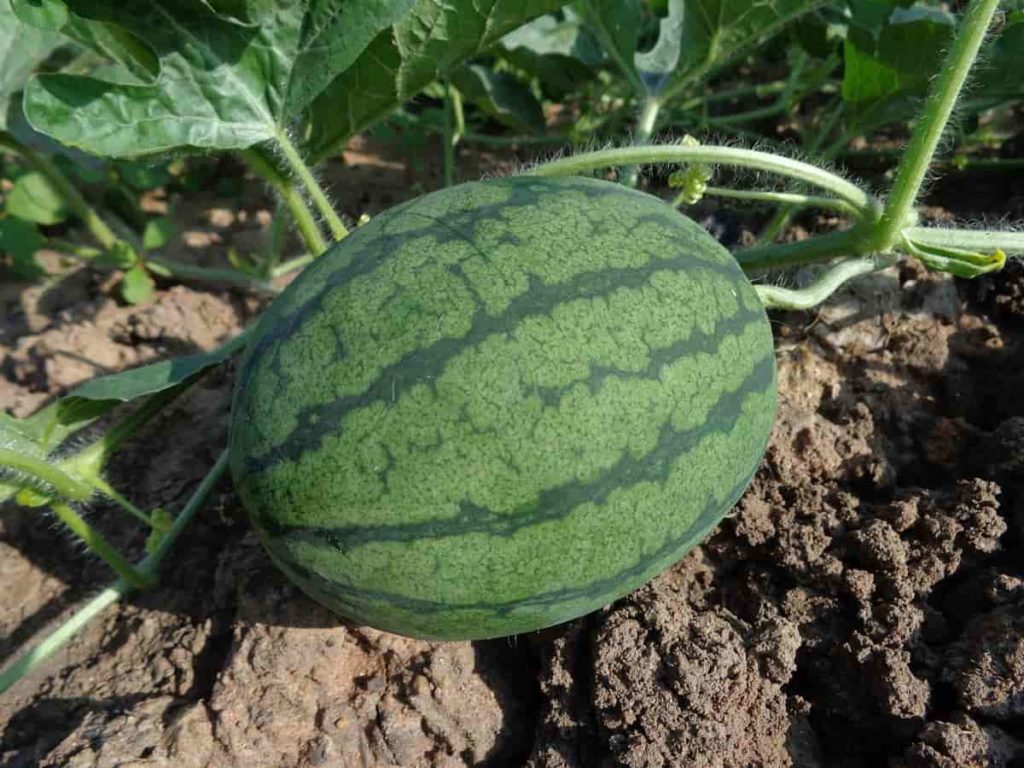
Selection of crops according to Mr. Vasu
He selected local crops such as Buddeshwar, kalabatti, Ratnachodi, Ranikanga, and Dilli basmati for paddy cultivation. He cultivates mangoes on 4 acres and paddy on another four acres. He also grows watermelons, maize, jowar, and some different types of dal on his farm. He expressed that he used different varieties of crops on his farm to attract customers and to grow numerous types of organic yield at once, which will be helpful to the consumer, says Mr. Vasu
Cultivation of crops according to Mr. Vasu
Mr. Vasu uses a drip irrigation system to water his plants. A drip irrigation system aids in simple water management and less water wastage. This can help in the adequate watering of plants. On his total 10 acres farm, it took only one motor to install the drip irrigation system. Even though the pipes and installation might’ve cost a bit, the drip irrigation system is cost-efficient compared to the results we get in the long run.
With ease, we can monitor the drip irrigation system quickly and make the crop get a sufficient amount of water, not too high, not too low. He expressed that this system is essential if you want to cultivate the crops by organic farming since conventional water methods may sometimes have a chance of providing water to the plant more or less than needed. Also, he added that you don’t need many laborers to monitor the drip irrigation system, which can also reduce labor costs.
Mr. Vasu made a pond on his 75 cents land for gathering the rainwater used for cultivation purposes. Rainwater is fresh and has a smaller number of bacteria. When used to cultivate crops, this water can make the crops healthy and give us a good yield, he added. He is also growing Neem and Malabar tress surrounding the embankments of his fields, which can give him additional profits for investment purposes.
In case you miss this: Organic Farming Mcq with Answers, Quiz, and Exam
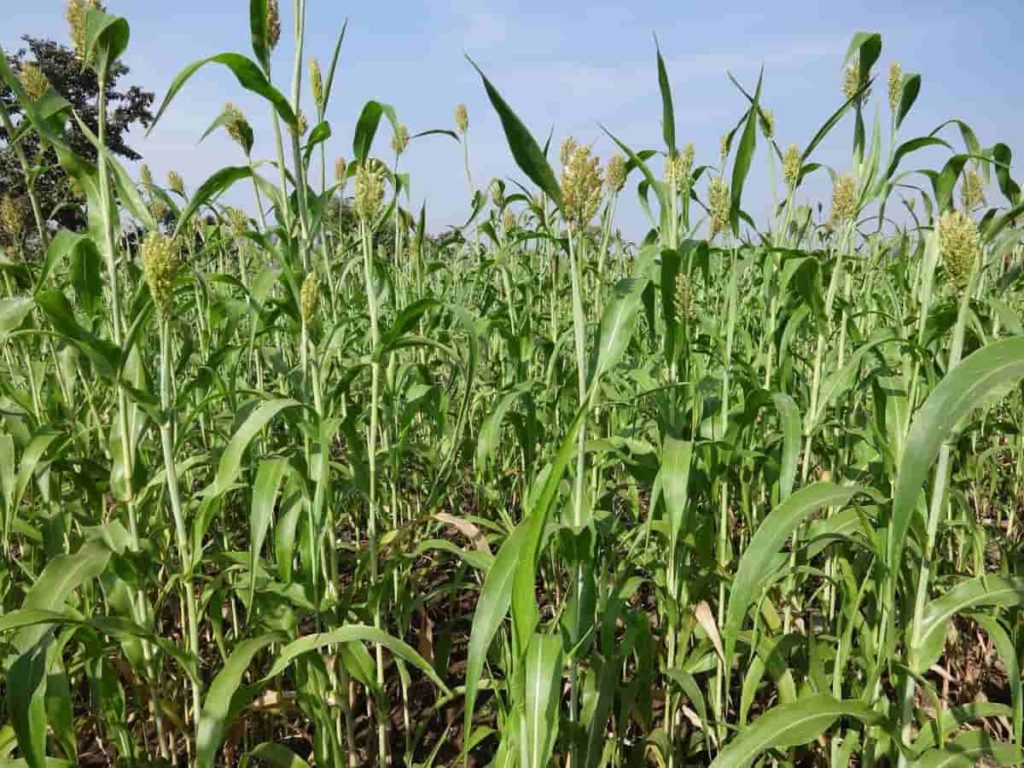
He says, when we compare organic farming to conventional farming, which involves chemicals, the investment is low in this type of farming also, the yielding is high, and the rate of growth is also a bit quick. But, also have to deal with many diseases in conventional farming, and when you try to cure them with chemical-based insecticides, most of the yield gets damaged. So each year, by this, the amount of investment the farmers make is constantly growing, resulting in poorer yields.
Whereas in organic farming, even the pests are dealt with the organic methods, he added that fruits and vegetables grown by this method would be better in taste and quality. To ensure the quality growth of vegetables, Mr. Vasu makes his compost and adds it to the crops as a fertilizer. He allotted a space in the center of his farm to prepare the compost. He composts with the organic waste of green and brown materials such as dry leaves, kitchen waste, etc. He also developed a manure mixture using cow dung and cow urine.
He adds this manure to the crops, which can help them grow quickly. Not only this, but he also occasionally adds chicken and goat litter to the soil. Once in a while, he also adds vermicompost to the soil, making the soil abundant in nutrition. Even though organic farming is a little effort-taking process, you will be happy to see the results. The usage of chemicals on plants will decrease the quality of products and make soil infertile, which will be an issue for future crops to grow on the same land. In organic farming, you can also save electricity.
In case you miss this: Growing Organic Fennel – From Seed, Planting Guide
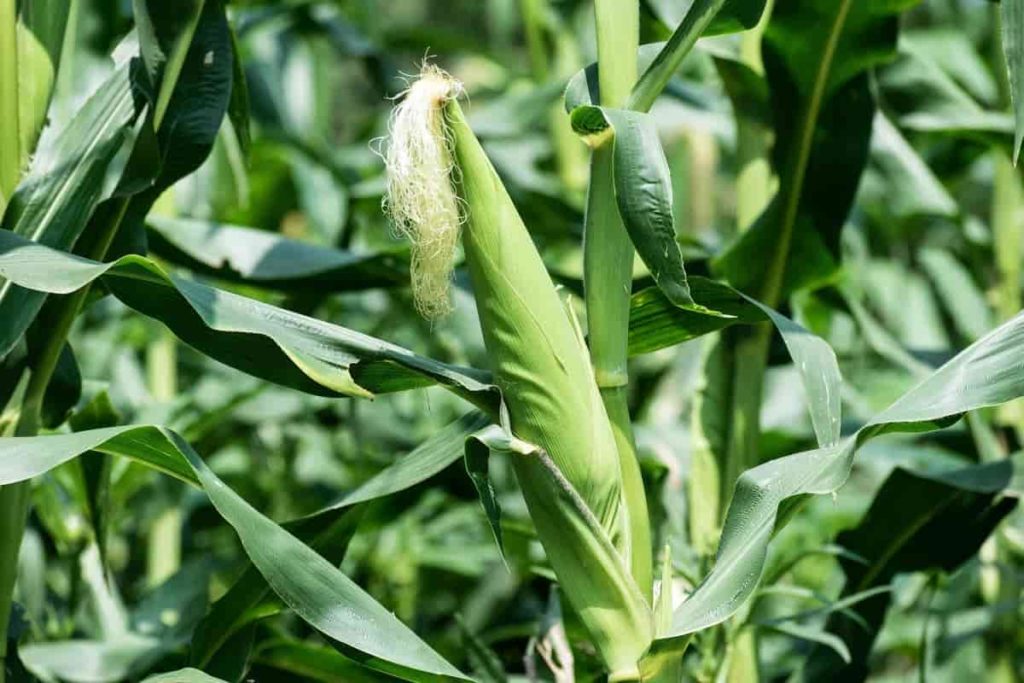
Marketing and profit analysis of Mr. Vasu’s farm
Mr. Vasu recommends that young framers get into organic farming. And while starting, he advises them to start small. First, try to grow vegetables that are sufficient for your home by the organic method, and then when you get a clear idea of what to do and what not to do, start organic farming in a larger area. This can help you avoid minor mistakes while cultivating the crops on a large scale. Also, remember, you are just growing the cultivation area while the process remains the same, so he expressed no need to worry.
There is also a high demand for the vegetables produced by organic farming. People from urban localities have a considerable liking for organic produce. Mr. Vasu says if you can market your yield on your own without selling to wholesale customers, you will be able to obtain high profits and get back your investment in no time. While cultivating, ensure the quality of vegetables, since if the quality is high, these vegetables can also get exported to other countries.
He says that the investment he makes will fluctuate according to the type of crops he chooses; however, no matter what, you will get at least 30,000 profit from an acre of paddy cultivation and 40,000 per acre by cultivating mangoes. So even if we assume that he grows his vegetables on 8 acres, including the 4 acres of paddy and 4 acres of mangoes, his near profit per month is nearly 2,80,000. So he proved that anyone could get high profits from organic cultivation when proper care is taken.
In case you miss this: Growing Organic Beetroot – Planting, Tips, Ideas
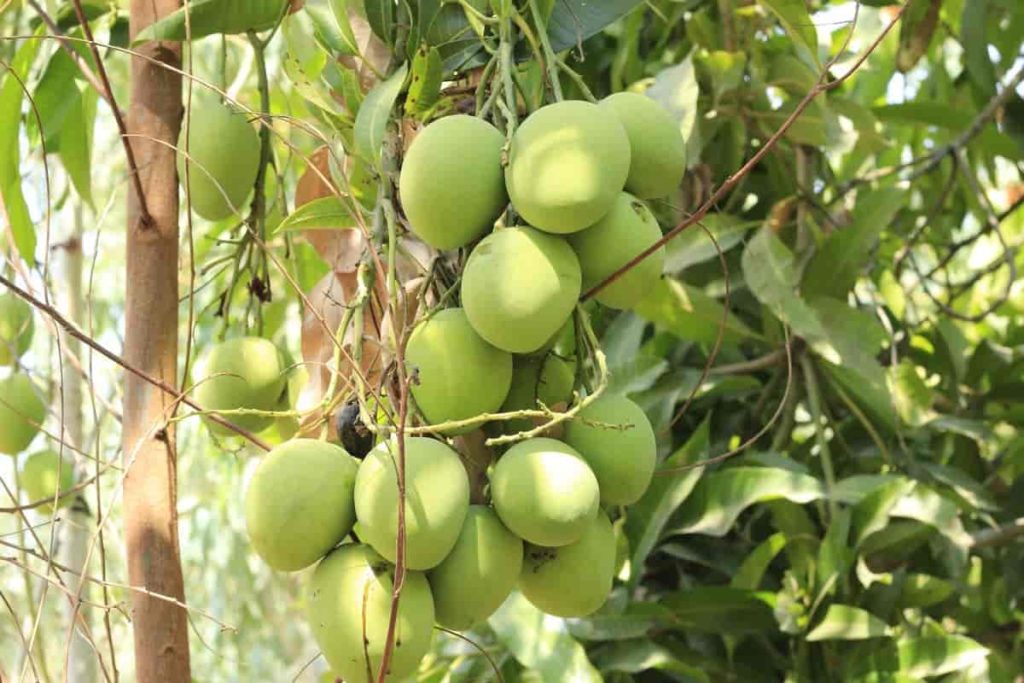
He also wants the government to support organic farming methods and wants it to spread awareness among the people. Although many people still feel it is a risk to cultivate vegetables by organic method, the government should conduct various experiments and tell the farmers which crop can give the best yield by organic farming depending on the season. In this way, he suggests young farmers enter this field and obtain a good income. He also said that there is a vast scope for organic farming in the coming days, and the demand can get skyrocketed.
- Types of Pesticides Used in Agriculture: A Beginner’s Guide
- Economical Aquaculture: A Guide to Low-Budget Fish Farming
- 15 Common Planting Errors That Can Doom Your Fruit Trees
- How to Make Houseplants Bushy: Effective Tips and Ideas
- Innovative Strategies for Boosting Coconut Pollination and Yield
- Pollination Strategies for Maximum Pumpkin Yield
- The Complete Guide to Chicken Fattening: Strategies for Maximum Growth
- Natural Solutions for Tulip Problems: 100% Effective Remedies for Leaf and Bulb-Related Issues
- Revolutionizing Citrus Preservation: Towards a Healthier, Greener Future
- Natural Solutions for Peony Leaf and Flower Problems: 100% Effective Remedies
- Maximizing Profits with Avocado Contract Farming in India: A Comprehensive Guide
- Natural Solutions for Hydrangea Problems: 100% Effective Remedies for Leaf and Flowers
- The Ultimate Guide to Choosing the Perfect Foliage Friend: Bringing Life Indoors
- From Sunlight to Sustainability: 15 Ways to Use Solar Technology in Agriculture
- The Ultimate Guide to Dong Tao Chicken: Exploring from History to Raising
- The Eco-Friendly Makeover: How to Convert Your Unused Swimming Pool into a Fish Pond
- Mastering the Art of Delaware Chicken Farming: Essentials for Healthy Backyard Flocks
- 20 Best Homemade Fertilizers for Money Plant: DIY Recipes and Application Methods
- How to Craft a Comprehensive Free-Range Chicken Farming Business Plan
- Brighten Your Flock: Raising Easter Egger Chickens for Beauty and Bounty
- How to Optimize Your Poultry Egg Farm Business Plan with These Strategies
- Subsidy for Spirulina Cultivation: How Indian Government Schemes Encouraging Spirulina Farmers
- Ultimate Guide to Raising Dominique Chickens: Breeding, Feeding, Egg-Production, and Care
- Mastering the Art of Raising Jersey Giant Chickens: Care, Feeding, and More
- Ultimate Guide to Raising Legbar Chickens: Breeding, Farming Practices, Diet, Egg-Production
- How to Raise Welsummer Chickens: A Comprehensive Guide for Beginners
- How to Protect Indoor Plants in Winter: A Comprehensive Guide
- Ultimate Guide to Grow Bag Gardening: Tips, Tricks, and Planting Ideas for Urban Gardeners
- Guide to Lotus Cultivation: How to Propagate, Plant, Grow, Care, Cost, and Profit
- Agriculture Drone Subsidy Scheme: Government Kisan Subsidy, License, and How to Apply Online
- Ultimate Guide to Raising Araucana Chickens: Breed Profile, Farming Economics, Diet, and Care
- Bringing Hydroponics to Classroom: Importance, Benefits of Learning for School Students
- Ultimate Guide to Raising Polish Chickens: Breed Profile, Farming Economics, Diet, and Care
- Ultimate Guide to Raising Australorp Chickens: Profile, Farming Economics, Egg Production, Diet, and Care
- Silkie Chicken Farming: Raising Practices, Varieties, Egg Production, Diet, and Care
- Sussex Chicken Farming: Raising Practices, Varieties, Egg Production, Diet and Care